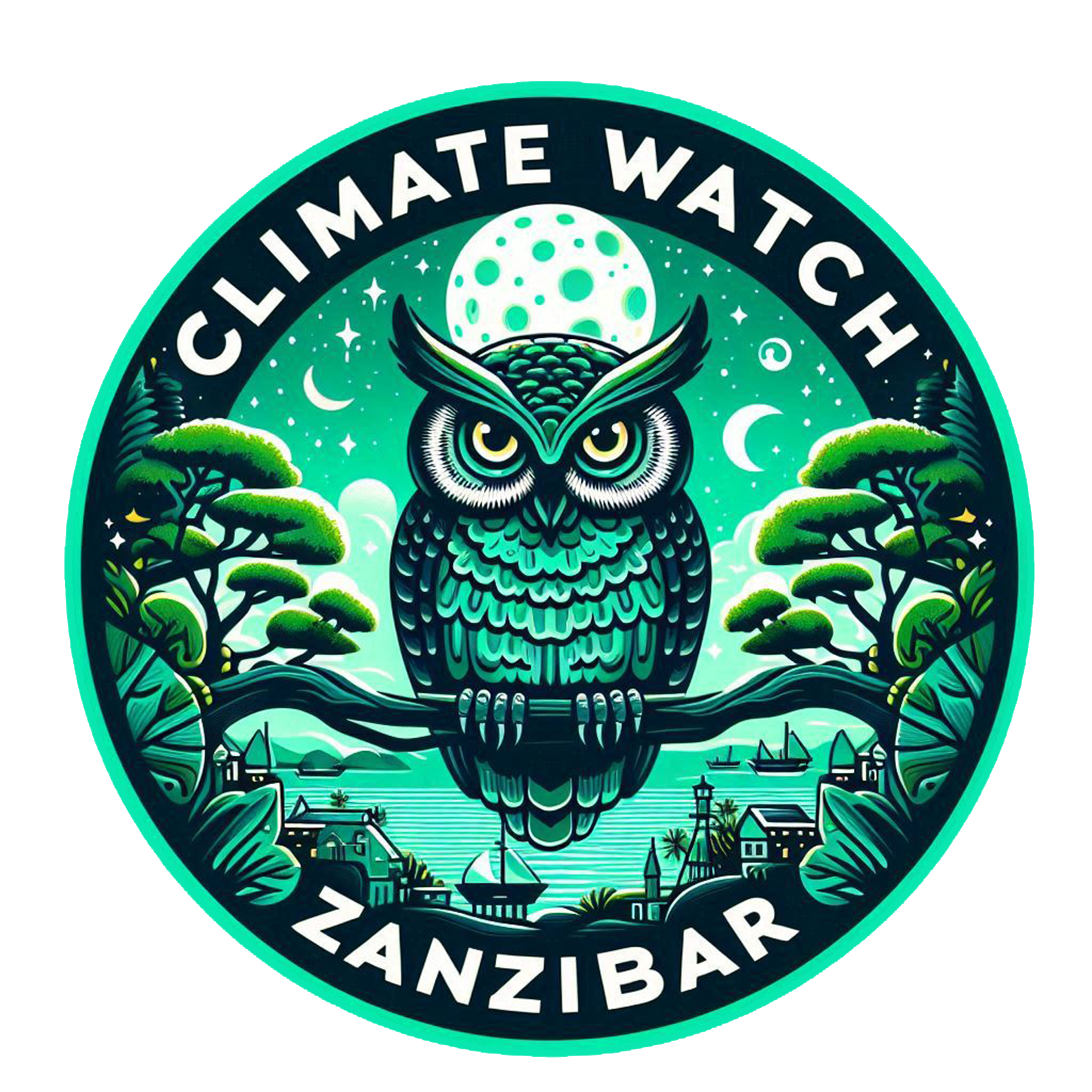
Project Overview
Spice Revival is a high-impact cultural and economic development initiative aimed at revitalizing Zanzibar’s legendary spice industry by blending its rich heritage with modern branding, marketing, and trade strategies. Zanzibar was once known as the “Spice Island,” a global hub for cloves, nutmeg, cinnamon, and other exotic spices. However, the international recognition of Zanzibar’s spices has diminished due to outdated branding, fragmented supply chains, and lack of market access.
This project aims to rebrand Zanzibar’s spice industry as a premium, ethical, and culturally authentic product line for international markets—particularly targeting Europe, North America, and the Middle East—while empowering local farmers, improving production standards, and fostering sustainable tourism.
Objectives
- Rebrand Zanzibar Spices into a premium, globally recognized label rooted in heritage and sustainability.
- Increase exports of Zanzibari spices by 40% over 3 years through improved packaging, storytelling, and digital marketing.
- Establish a cooperative supply chain linking smallholder farmers, processors, and exporters under fair trade principles.
- Enhance local capacity through training in organic farming, quality control, and branding.
- Create a cultural tourism experience, including spice farm tours and culinary experiences.
Key Activities
| Component | Description |
|---|---|
| 1. Branding & Identity Design | Develop a premium brand identity—logo, packaging, brand story, website, and labels showcasing Zanzibar’s cultural richness. |
| 2. Farmer Cooperative Training | Train 300+ local farmers in sustainable spice cultivation, fair trade practices, and organic certification processes. |
| 3. Processing & Packaging Hub | Establish a centralized facility with modern spice drying, grinding, packaging, and labeling equipment. |
| 4. Global Market Launch | Organize product launches in key cities (e.g., London, Dubai, New York), attend trade fairs, and run digital ad campaigns. |
| 5. Heritage Tourism Integration | Develop spice tours and cooking experiences tied to the brand, collaborating with local tourism boards and agencies. |
01
Target Markets
- Gourmet food stores and organic retailers in Europe and North America
- Ethical trade marketplaces (Fair Trade, Organic, Rainforest Alliance)
- Hotels, restaurants, and spas seeking authentic African ingredients
- Tourists visiting Zanzibar interested in cultural and culinary experiences
02
Expected Impact
- 500+ local jobs created in farming, processing, tourism, and logistics.
- 40% increase in spice export value by year 3.
- Strengthened Zanzibari identity and global awareness of Swahili cultural products.
- Contribution to UN SDGs (Decent Work, Responsible Consumption, Life on Land).
Budget Overview (3-Year Plan)
| Category | Details | Amount (USD) |
|---|---|---|
| Brand Development | Brand identity, packaging design, website, storytelling materials | $75,000 |
| Farmer Training & Certification | Workshops, organic/fair trade certification, manuals | $60,000 |
| Processing & Packaging Facility | Equipment (grinders, dryers, sealers), warehouse setup | $180,000 |
| Marketing & Product Launch | Global campaigns, trade shows, launch events | $120,000 |
| Tourism Experience Development | Farm tour trails, signage, chef-led events, guide training | $45,000 |
| Local Staffing & Admin | Project coordinators, translators, consultants | $90,000 |
| Monitoring & Evaluation | Baseline studies, impact reports, data systems | $30,000 |
| Contingency (10%) | Risk management, price fluctuations, emergencies | $60,000 |
Total Estimated Budget: $660,000 (USD)
Funding Sources
- 500+ local jobs created in farming, processing, tourism, and logistics.
- 40% increase in spice export value by year 3.
- Strengthened Zanzibari identity and global awareness of Swahili cultural products.
- Contribution to UN SDGs (Decent Work, Responsible Consumption, Life on Land).
Conclusion
Spice Revival is more than a branding initiative—it is a cultural renaissance and economic empowerment tool rooted in heritage and global ambition. By marrying Zanzibar’s timeless spice legacy with modern branding and ethical trade, this project will elevate local livelihoods, delight global palates, and reignite global fascination with the Spice Island.





